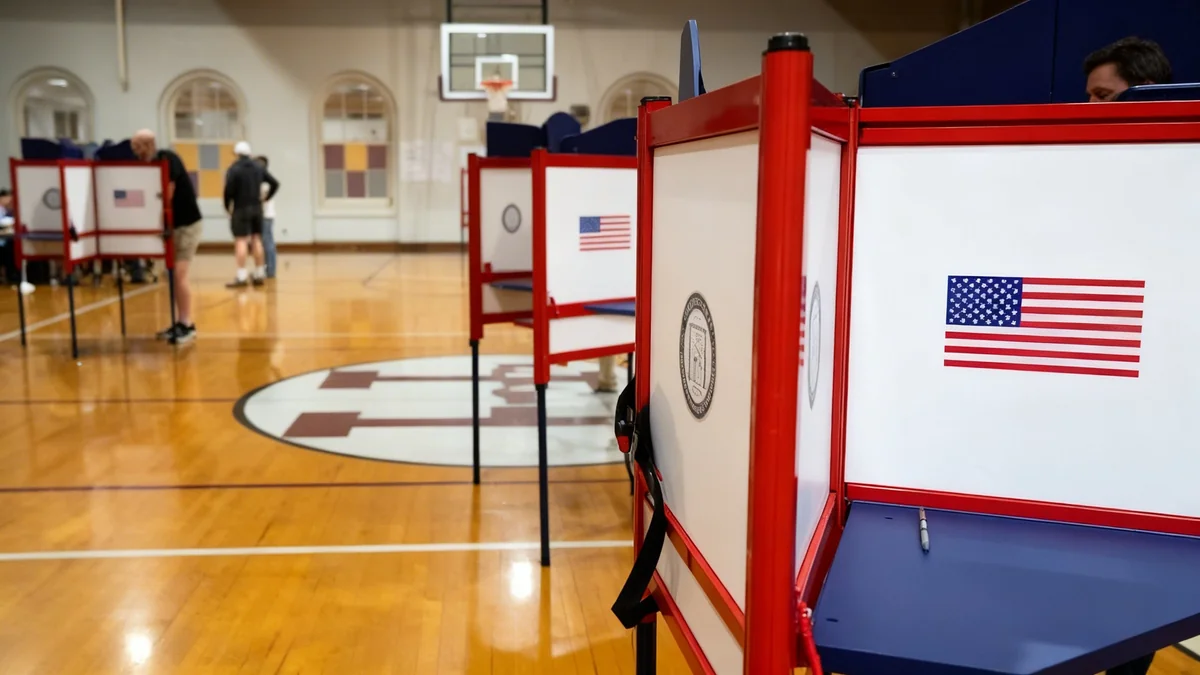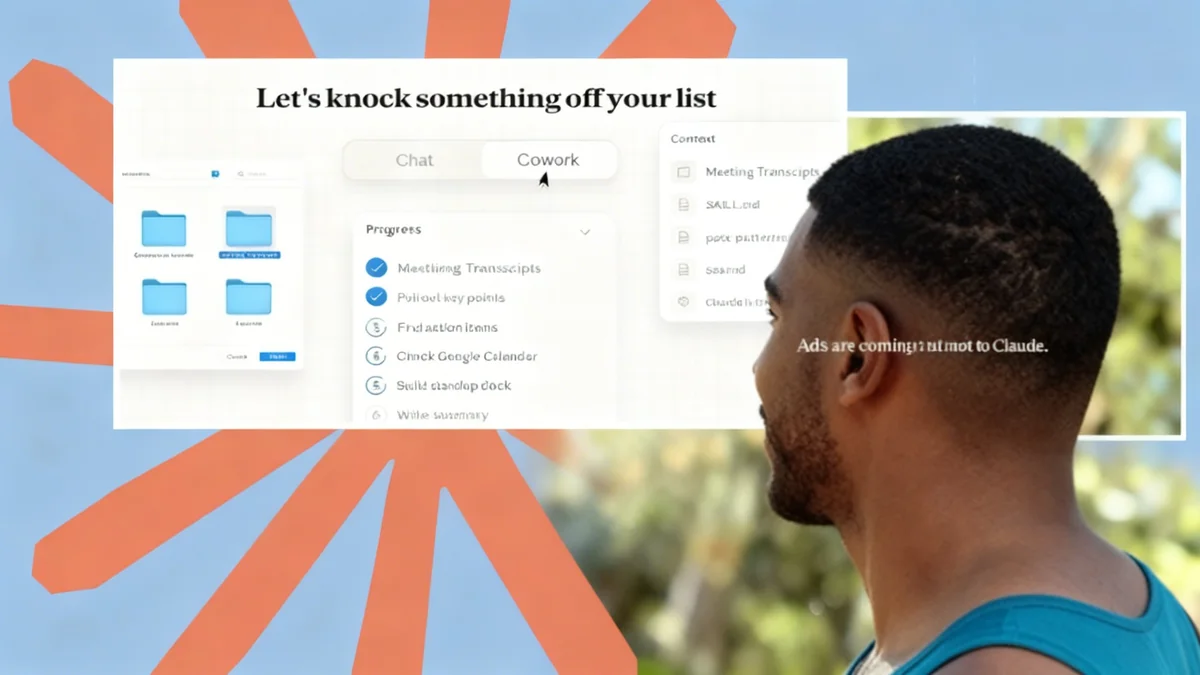
The Rise of 'Bossware' in the Modern Workplace
A growing category of AI-powered surveillance tools, known as 'bossware,' is quietly reshaping the modern workplace by monitoring employees with unprecedented detail.
91 articles tagged

A growing category of AI-powered surveillance tools, known as 'bossware,' is quietly reshaping the modern workplace by monitoring employees with unprecedented detail.

Recent tech layoffs, spearheaded by Block CEO Jack Dorsey, have ignited market fears over AI-driven job displacement, even as Wall Street pushes back.

Financial technology firm Block, co-founded by Jack Dorsey, is cutting its workforce by 40%, laying off over 4,000 employees due to AI-driven efficiency.

A report from Citrini Research forecasting mass AI-driven unemployment has ignited a fierce debate on Wall Street, contributing to a brief market dip.

The daily life of an AI professional is split between the chaotic speed of startups and the slow, methodical pace of large corporations, shaping the future of the technology.

While Western nations express growing concern over AI, South Korea is embracing it with open arms, driven by economic history, a demographic crisis, and government support.

In a world where AI automates skills, Silicon Valley is betting on a new human asset: 'agency.' Discover how controversial founders are reshaping tech.

A new generation of AI tools that write code from simple text commands is causing major upheaval in the tech industry, contributing to a $500 billion market drop.

AI company Anthropic has deployed autonomous agents to perform legal, marketing, and sales jobs, fueling a global debate on the future of white-collar work.

AI company Anthropic has launched a new suite of professional tools, sparking a debate on whether general-purpose AI can replace specialized industry software.

Technology teams are shrinking as AI tools accelerate software development from months to days, shifting the industry's biggest challenge from coding speed to human adaptation.

Revised U.S. government data reveals a significant productivity surge, suggesting the economic impact of artificial intelligence is finally materializing after years of stagnation.